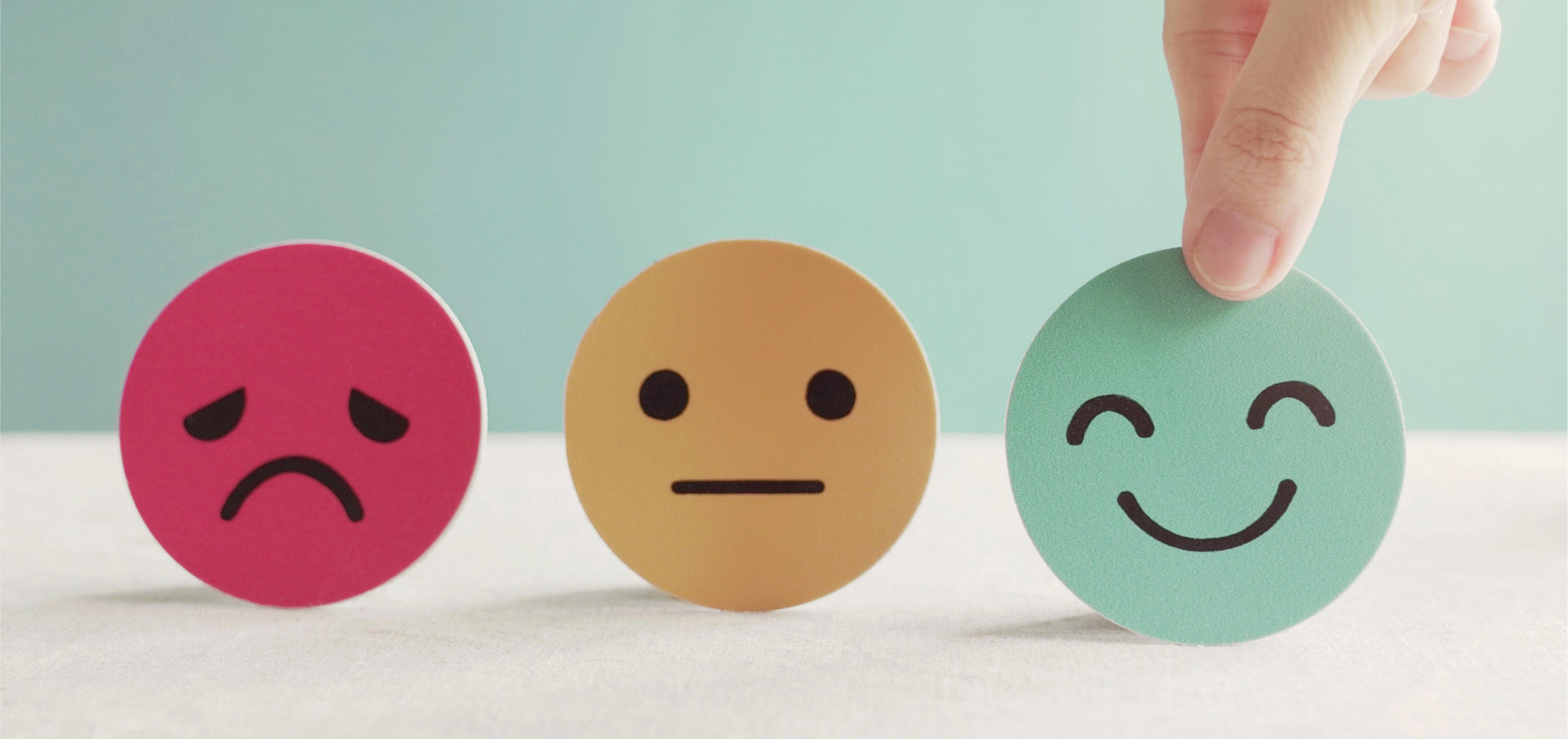References
Mental health and moral injury among nurses: practical self-compassionate care to alleviate the psychological impact of COVID-19

Abstract
COVID-19 and mental health are both topics on everyone′s radar at the moment—but what about the mental wellbeing of those on the frontline? Kimberley Cairns explores and details the ways in which the mental health of medical personnel can be maintained and improved

 Social support among nurses and medical staff can assist with self-efficacy, sleep quality, degrees of anxiety and stress
Social support among nurses and medical staff can assist with self-efficacy, sleep quality, degrees of anxiety and stress
Over the past 12 months, due to the battle against SARS-CoV-2 and COVID-19 disease, the NHS has seen an historic transformation, the like of which it has not seen in its entire 72 years of existence. This has drastically accelerated the disparity of mental health within the healthcare sector (World Health Organization (WHO), 2020). Many aesthetic nurses, doctors and dentists have made, and continue to make, a vital contribution to the NHS during the COVID-19 pandemic, while others may have continued to treat patients therapeutically or within the scope of medical pathways set out by the Joint Council for Cosmetic Practitioners (JCCP, 2020) and the remainder may have stopped practice. Uniting each route will present a familiar image of certain uncertainty, unpreparedness, rapid planning and pre-emptive anxiety of the unknown.
Register now to continue reading
Thank you for visiting Journal of Aesthetic Nurses and reading some of our peer-reviewed resources for aesthetic nurses. To read more, please register today. You’ll enjoy the following great benefits:
What's included
-
Limited access to clinical or professional articles
-
New content and clinical newsletter updates each month


